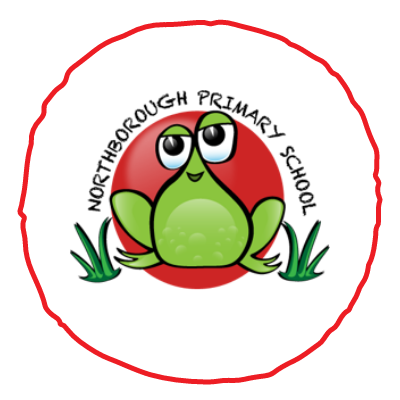Maths Cirriculum Evening
What can you do at home?
- Start with a question
- Thinking happens when we have time to struggle – GIVE TIME for curiosity to deepen and develop the ability to take a risk.
- You are not the answer key! “Is that right?” your child asks…”I don’t know but let’s find out”. Not knowing is not failure. Encourage explanations and reasoning.
- Say “Yes” to your child’s ideas – even if they are wrong.
- Play – what books are to reading, play is to maths.
Play is a natural way for children to learn. It is the process by which children explore, investigate, recreate and come to understand their world. Play is an activity in which everything that a child knows and can do is practised or used to make sense of what is new.
COURAGE - CURIOSITY - CREATIVITY
Maths and play – do they have anything to do with each other?
- Lay the table ( a cup for me, a cup for you. 2 cups)
- Playing with water (capacity)
- Steering the pram (directional language)
- Sort the washing (matching socks, big shirt/small shirt)
- Tidying up (sorting, putting similar items together)
- Matching lids to saucepans (language of size)
- Play peek a boo – reveal a shape a little at a time and at different angles. What could it be? What could it not be?
- Be a robot and ask children to give you instructions to get to somewhere. Let them have a turn at being the robot for you to instruct.
- Use everyday words to describe position eg when following a pathway or playing at the park.
Useful bits & pieces
https://global.oup.com/education/content/primary/series/numicon/home/?region=international https://www.oxfordowl.co.uk/for-home/maths-owl/maths
Useful text for parents - Maths for Mums and Dads by Mike Askew and Rob Eastaway


